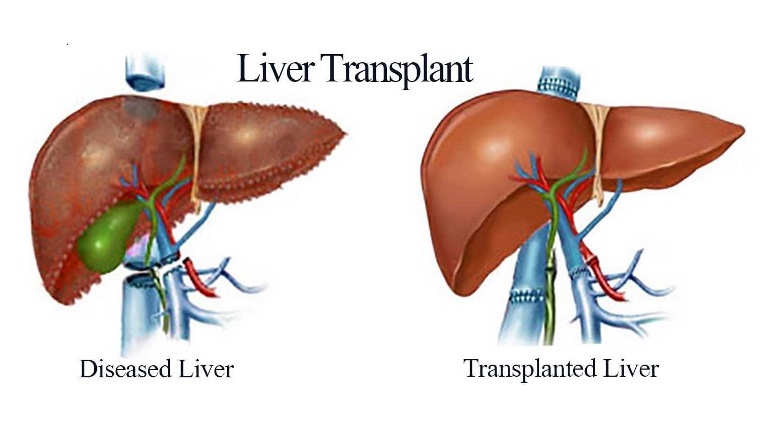When faced with a life-threatening condition like end-stage liver disease, the possibility of a liver transplant can offer renewed hope. However, the financial implications of such a major procedure can be overwhelming. If you’re a Medicare beneficiary or considering enrolling, understanding whether and how Medicare covers liver transplants is crucial. This article delves deep into the intricacies of Medicare coverage for liver transplants, providing you with a clear and comprehensive understanding of your options.
Contents
Introduction
The question, “Does Medicare pay for liver transplants?” is a common one for individuals facing end-stage liver disease and their families. Liver transplantation is a complex and costly procedure that can significantly improve quality of life and even save lives. Medicare, the federal health insurance program primarily for people 65 and older, does provide coverage for liver transplants under specific conditions.
Medicare and Liver Transplants: The Basics
Medicare coverage for liver transplants falls under two main parts:
- Medicare Part A (Hospital Insurance): This part covers inpatient hospital stays, including the hospital stay associated with a liver transplant surgery.
- Medicare Part B (Medical Insurance): This part covers outpatient medical services, including doctor visits, lab tests, and post-transplant care.
Key Requirements for Medicare Coverage
For Medicare to cover your liver transplant, several key requirements must be met:
- Medical Necessity: The transplant must be deemed medically necessary by your doctor. This means that your end-stage liver disease is severe enough that a transplant is the only viable treatment option.
- Approved Facility: The transplant must be performed at a Medicare-approved transplant center. These centers meet specific quality and safety standards.
- Eligibility Criteria: You must meet specific medical and non-medical criteria to be eligible for a liver transplant. These criteria are established by the transplant center and may include factors such as age, overall health, and commitment to post-transplant care.
What Medicare Covers
If you meet the requirements, Medicare will typically cover the following costs associated with a liver transplant:
- Hospital Stay: This includes the cost of the hospital room, nursing care, medications, and other services during your inpatient stay for the transplant surgery.
- Surgeon’s Fees: The fees charged by the transplant surgeon and other surgical team members.
- Organ Procurement: The costs associated with finding and procuring a suitable donor liver.
- Post-Transplant Care: Doctor visits, lab tests, medications, and other services required after the transplant to monitor your health and manage any complications.
What Medicare May Not Cover
While Medicare covers many of the essential costs of a liver transplant, there are some expenses it may not cover fully or at all. These may include:
- Deductibles and Coinsurance: Medicare Part A and Part B have deductibles and coinsurance requirements. You’ll be responsible for paying these out-of-pocket costs.
- Long-Term Medications: Some medications required after a transplant may not be fully covered by Medicare Part D (prescription drug coverage). You may need to pay a portion of the cost or explore other options for medication assistance.
- Travel and Lodging: If you need to travel to a transplant center that is far from your home, Medicare may not cover the costs of travel, lodging, or meals for you or your caregiver.
Additional Considerations
- Medicare Advantage Plans: If you have a Medicare Advantage Plan (Part C), it’s essential to check with your plan to see how it covers liver transplants. Some plans may have different rules or requirements than Original Medicare.
- Medigap Plans: Medigap plans (Medicare Supplement Insurance) can help cover some of the out-of-pocket costs that Original Medicare doesn’t cover, such as deductibles and coinsurance.
- Financial Assistance: If you’re facing financial hardship, explore financial assistance programs that may be available to help cover some of the costs not covered by Medicare.
Conclusion
The question “Does Medicare pay for liver transplants?” can be answered with a qualified “yes.” Medicare does provide significant coverage for liver transplants when specific conditions are met. Understanding the details of this coverage is crucial for individuals considering a liver transplant. Consult with your doctor, transplant center, and Medicare representatives to ensure you have a clear understanding of your coverage and financial responsibilities.
Read More: Does Humana Cover Ambulance Service? A Comprehensive Guide






